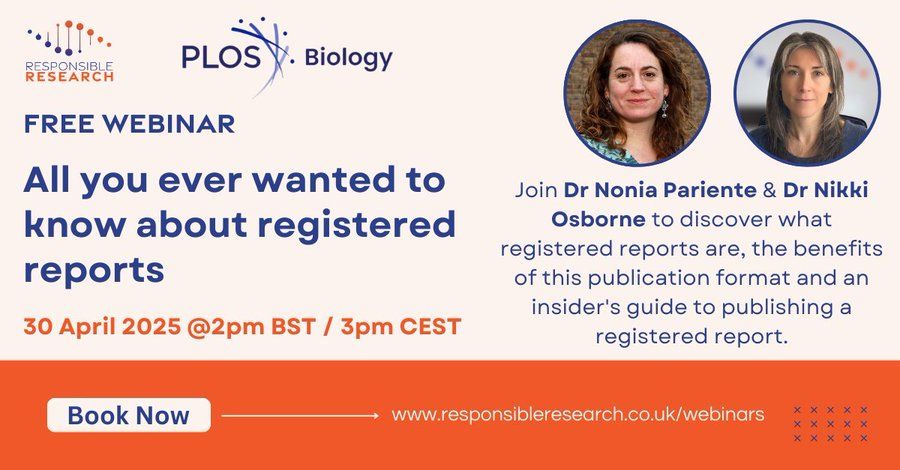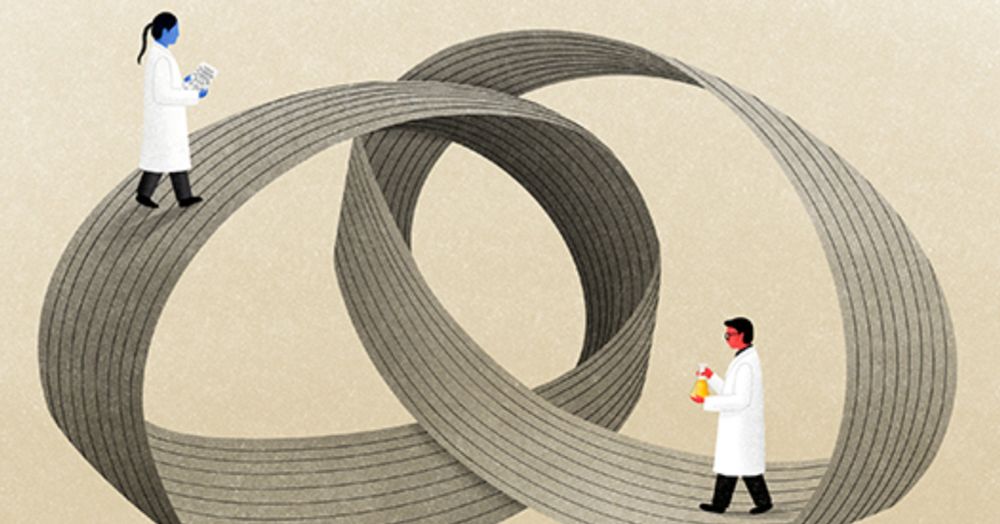How does the brain work and what's happening when things go wrong?


Cycling on the Freeway: The perilous state of open-source neuroscience software
doi.org/10.1162/imag...
Cycling on the Freeway: The perilous state of open-source neuroscience software
doi.org/10.1162/imag...
publicusaresearchbenefits.com
please share and re-share so we get more great stories in there!
publicusaresearchbenefits.com
please share and re-share so we get more great stories in there!




www.compsoccog.com
Announcing the 2nd Birmingham-Leiden Summer School in Computational Social Cognition, Sep 2-5, 2025.
Fantastic line-up of keynote: Matthew Rushworth, Diana Tamir @dianatamir.bsky.social, and David Amodio @davidamodio.bsky.social .
👇
Apply by 18 April (compsoccog.com) and RT!

Join this webinar with experts from
@plosbiology.org!
Learn how this format enhances reproducibility & benefits science.
🎤 Dr. @npariente.bsky.social & Dr. Nikki Osborne from
@rrr-research.bsky.social
📅 April 30, 3 PM CEST #OpenScience

Join this webinar with experts from
@plosbiology.org!
Learn how this format enhances reproducibility & benefits science.
🎤 Dr. @npariente.bsky.social & Dr. Nikki Osborne from
@rrr-research.bsky.social
📅 April 30, 3 PM CEST #OpenScience



Check out my Editorial w/ @npariente.bsky.social discussing portable peer review, reviewer pools, AI, paying reviewers... &other solutions proposed for making peer review more sustainable🧪
▶️ plos.io/41YKIRa
Check out my Editorial w/ @npariente.bsky.social discussing portable peer review, reviewer pools, AI, paying reviewers... &other solutions proposed for making peer review more sustainable🧪

journals.plos.org/plosbiology/...

journals.plos.org/plosbiology/...
www.thetransmitter.org/systems-neur...

www.thetransmitter.org/systems-neur...

![Third instar larval brain of the genotype [repo-Gal4 UAS-PGRP-LE STAT92E::GFP mdr65-tdTomato] stained forSTAT activity (anti-GFP staining, green), subperineurial glial cells (anti-dsRed staining, magenta), and neural lamella (anti-Laminin staining, blue). Credit: Bente Winkler](https://cdn.bsky.app/img/feed_thumbnail/plain/did:plc:5522ztebtekoor5efelihqhb/bafkreicv3ruxgfrmq4tksz23yehyhs7yyqzqt3oy3n6npygsjp54r7fkje@jpeg)
We are determined to stand firmly behind our mission, our values and our principles, and against any attempt at censorship or undermining of the core principles of scientific inquiry.
plos.io/3D4O8cH

We are determined to stand firmly behind our mission, our values and our principles, and against any attempt at censorship or undermining of the core principles of scientific inquiry.
plos.io/3D4O8cH

doi.org/10.1101/2024...

doi.org/10.1101/2024...

